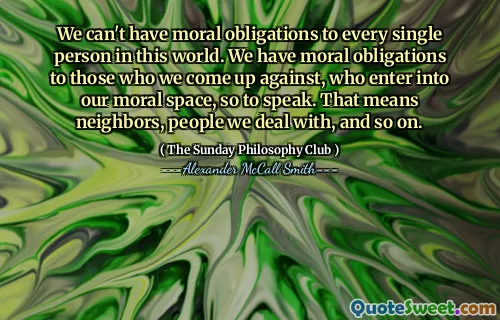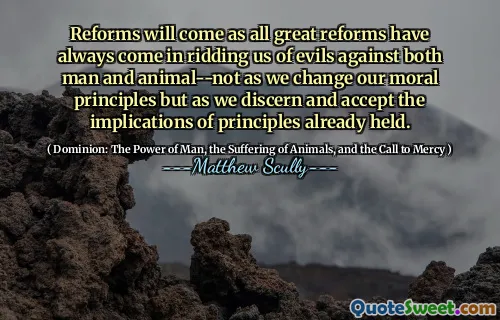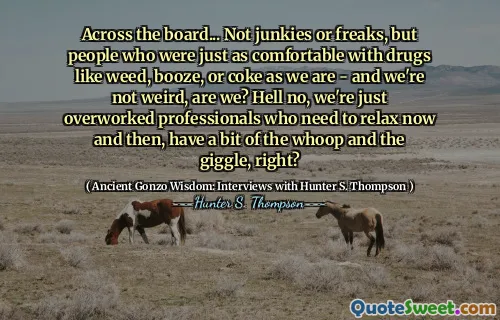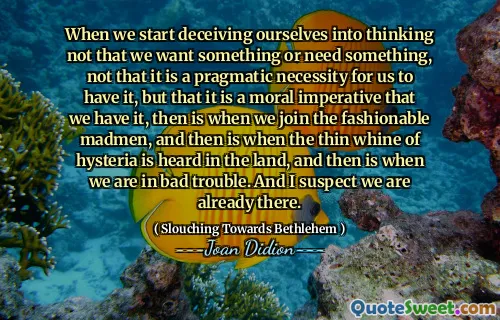
To those peoples in the huts and villages of half the globe struggling to break the bonds of mass misery, we pledge our best efforts to help them help themselves, for whatever period is required - not because the Communists may be doing it, not because we seek their votes, but because it is right. If a free society cannot help the many who are poor, it cannot save the few who are rich.
John F. Kennedy's words highlight a profound ethical responsibility that transcends political ideologies and strategic interests. The commitment expressed in the quote is rooted not in competition or self-interest but in a fundamental sense of justice and humanity. It underscores an enduring principle: a society's worth is measured not by the wealth of its privileged few but by its capacity and willingness to uplift its most vulnerable members. The emphasis on helping people "help themselves" advocates for empowerment rather than mere charity, which encourages sustainable development and dignity.
Kennedy’s perspective reminds us that foreign aid and social support systems should be motivated by moral imperatives rather than geopolitical rivalry or electoral gain. This approach fosters a genuine solidarity that binds societies together, promoting peace and stability that benefit all. Moreover, the idea that a free society must assist its impoverished citizens or risk losing its very essence is a poignant reminder that inequality and neglect can undermine freedom and democracy. Poverty and inequality are not isolated issues but threats to the societal fabric, implicating every member regardless of status. This quote encourages a broad vision of freedom and responsibility, urging us to recognize that collective well-being is essential for true liberty and prosperity. It challenges individuals and leaders alike to act beyond immediate interests and embrace empathy, justice, and long-term commitment to human dignity and equality.









